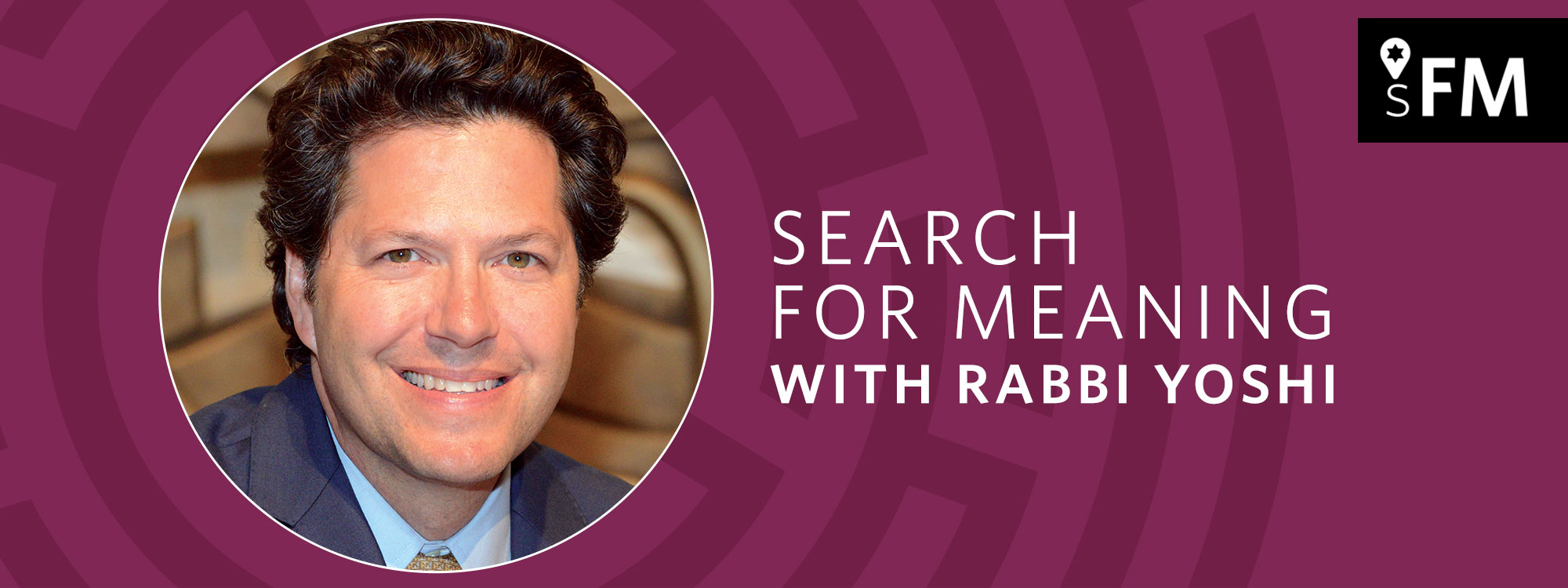When I was about 8 years old, my parents gave me a pair of roller skates for Hanukkah. I already knew how to ice skate, so I took to it quickly. I was able to maintain my balance, make nice turns, and even go pretty fast without falling. I discovered rather quickly—and painfully—that my one real roller-skating weakness was stopping. It wasn’t the same technique as ice skating. This discovery was accompanied by a badly skinned knee. I remember limping back home in tears. My father who, it should be noted, is a doctor, examined the knee and said, “There, there, it doesn’t look too bad. No need for tears.”
I’m sure he was trying to be helpful, to reassure me that no significant damage was caused by my fall, but I remember thinking, “Not too bad?!?! How can you possibly know how much this hurts?!?!”
I thought of that moment this week in the wake of Dave Chappelle’s recent Saturday Night Live monologue. I watched the show when it aired this past Saturday, and my reaction was unequivocal: Regardless of his intent—and notwithstanding the fact that humor is often, by design, meant to create moments of discomfort, surprise, and shock—for me, Chappelle’s words were painful and antisemitic.
The key part of the previous sentence are the words, “for me.”
I have spoken to numerous friends, rabbinic colleagues, and family members. I’ve read and listened to a variety of reactions from commentators and comedians. What is clear is that we did not all experience his performance in the same way, and that shouldn’t be surprising. Be it a play, a movie, or a stand-up routine, the individual experience is radically subjective. What I find hilarious might strike you as nonsensical or pointless. What might seem hackneyed or juvenile to me may be brilliantly ironic for you.
To be sure, there are certain statements that are unequivocally antisemitic, like Kanye West’s recent Instagram post: “I’m going death con 3 On JEWISH PEOPLE.” But, especially when it comes to comedy, objective truth is more elusive. Jewish comic Jon Stewart, who described himself on The Late Show with Stephen Colbert the other night as “our spokesJew,” defended Chappelle’s comments. Stewart and Chappelle are friends and that probably colors Stewart’s experience of the monologue. Whatever the case, for whatever the reasons, Stewart experienced Chappelle’s comedy quite differently than I did.
Chappelle’s words left me with a skinned knee and, to extend the metaphor a bit, a bruised heart. His words hurt and reactions to the routine stung even worse. Whereas Kanye West and the Brooklyn Nets’ Kyrie Irving were broadly and properly criticized for their antisemitic comments, it felt to me like Chappelle’s were excused, that if I didn’t find his bit funny, I was being uptight.
Other Jewish comics, from Jerry Seinfeld to Hannah Einbinder, had their own equivocal reactions, which must make things very confusing for non-Jews. Was it antisemitic or not? Jon Stewart says no, but the ADL certainly thought it was.
There’s a teaching from our tradition that helps me understand this moment in particular. It also helps me understand the way human beings experience pain more generally.
The Hasidic master, Rabbi Moshe Leib of Sasov (1745-1807), who was known as a great teacher, composer, and philanthropist, shared the following story: “One time I saw two men sitting in a bar, eating and drinking. One asked the other, ‘Are you truly my friend? Do you truly love me?’ ‘Of course,’ the other replied. ‘How can you say so?’ asked the first. ‘How can you love me if you don’t know what causes me pain?'”
Sometimes we can see when another is in pain. We can hear their cries, we can see tears rolling down their cheeks. But often, we only know it hurts when they tell us. If we wish to be empathetic, when they do share their feelings, we should acknowledge them. We might say, “I hear that you are hurting, that you are in pain. I am listening. I am here to help.” What we shouldn’t do is deny or minimize the hurt, or try to explain their feelings or reactions to them. Don’t tell me how to feel when I hear antisemitic tropes that echo countless lies told through the centuries about how Jews manipulate the world to their advantage, controlling the media and financial markets. In short: Don’t tell me how much my skinned knee hurts.
I know where these antisemitic tropes can lead. When I express my outrage, my pain, here’s what I’d like to hear from those who say such things, whatever their intentions and whatever the context: “I’m sorry that my words caused you pain. I am listening. How can I help?”
Shabbat Shalom,

Rabbi Yoshi

